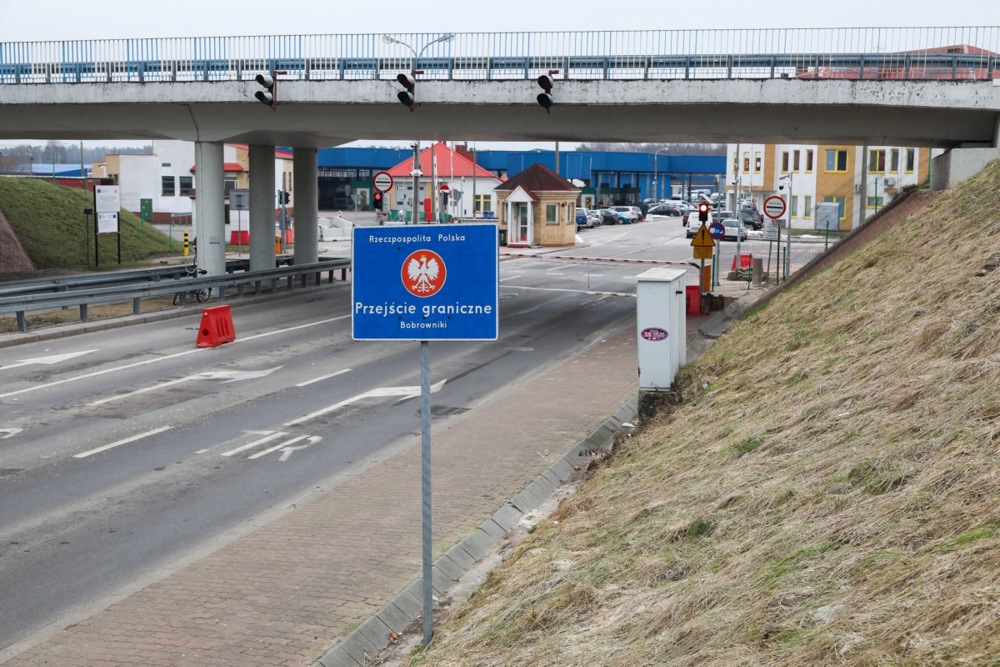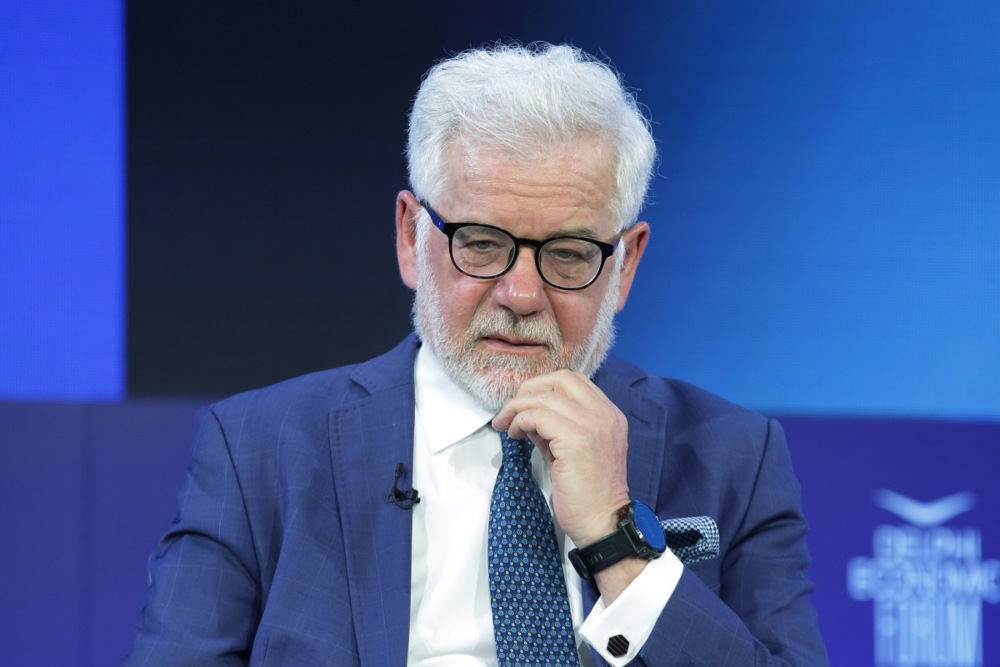The former Slovak PM and leader of the SMER party Robert Fico scored a victory against the findings of an exit poll which had put him behind on the evening of September 30 in a result that poses problems for the EU’s mainstream.
An exit poll put the liberal Progressive Party led by Michal Simecka ahead with 23.5 per cent to 22 per cent for Robert Fico’s SMER party, with HLAS, the party founded by the former PM Peter Pellegrini in third place on just over 12 per cent.
However the actual results were very different from the exit polls. Fico’s SMER won with 23 per cent, whereas the Progressive party secured just over 17 per cent, over five per cent less than had been forecast by the exit poll.
Pellegrini’s HLAS won 15 per cent, almost three per cent more than had been predicted by the exit poll.
Such a high discrepancy between an exit poll and the actual result is highly unusual. Psephologists believe that in an exit poll, which is taken on the day of the election as voters come out of polling stations and has a much larger sample than normal opinion polls, the margin of error for any party should not exceed one per cent.
To actually form a government, Fico will now have to persuade both his former colleague Pellegrini and the Slovak National Party to join him. Fico and the Nationalists are both highly sceptical of Slovak support for Ukraine and believe in a more assertive attitude towards the EU.
Pellegrini’s HLAS are less confrontational on both topics but were opposed to the outgoing government which was made up of parties that did not do well in this election. That government has clearly lost.
Pellegrini and Fico went their separate ways after the scandal-tainted Smer lost the previous election in 2020. Pellegrini replaced Fico as prime minister after he was forced to resign. This followed major anti-government street protests after the 2018 killing of journalist Jan Kuciak and his fiancee.
Simecka, who is an MEP, leads the Progressives, a party which is close to President Zuzanna Caputova. They will undoubtedly try to woo both HLAS and the anti-corruption “Ordinary People” and the pro-business “Freedom and Solidarity” – the latter two were part of the last Slovak government – as well as the Christian Democrats (KDH).
If Fico, who served as PM between 2006 and 2010 and then from 2012 to 2018, succeeds in his bid for the premiership Slovakia may adopt a position on the Ukraine war closer to that taken by Hungary. Fico and the Hungarian PM Viktor Orban are said to have become closer over the years Fico has spent in opposition.
Fico has given credence to Russian President Vladimir Putin’s unsubstantiated claim that the Ukrainian government runs a Nazi state from which ethnic Russians in the country’s east needed protection.
The SMER leader, like Orban, is an opponent of the EU’s migration pact, the EU’s climate policies and the campaign for LGBTQ education. Like the Hungarian leader, Fico has also consistently supported protecting the living standards of those who did badly out of the rapid economic transformation in the 1990s.
Orbán welcomed Fico’s victory. “Always good to work together with a patriot”, he posted on X (formerlyTwitter). “Looking forward to it!”
Robert Fico’s victory will be less welcome in the other Visegrad capitals of Warsaw and Prague. Poland’s current conservative government would welcome any shift by Slovakia against increasing the powers of EU institutions, but it will not welcome any decrease in support for Ukraine.
Czechia would also be unhappy on any pulling back of support to Ukraine – but wouldn’t mind opposition to the EU migration Pact.
Speaking on October 1 after his election victory, Fico said Slovakia had “bigger problems” than the war in Ukraine. He added that his country would do everything possible to open peace talks between Moscow and Kyiv.





